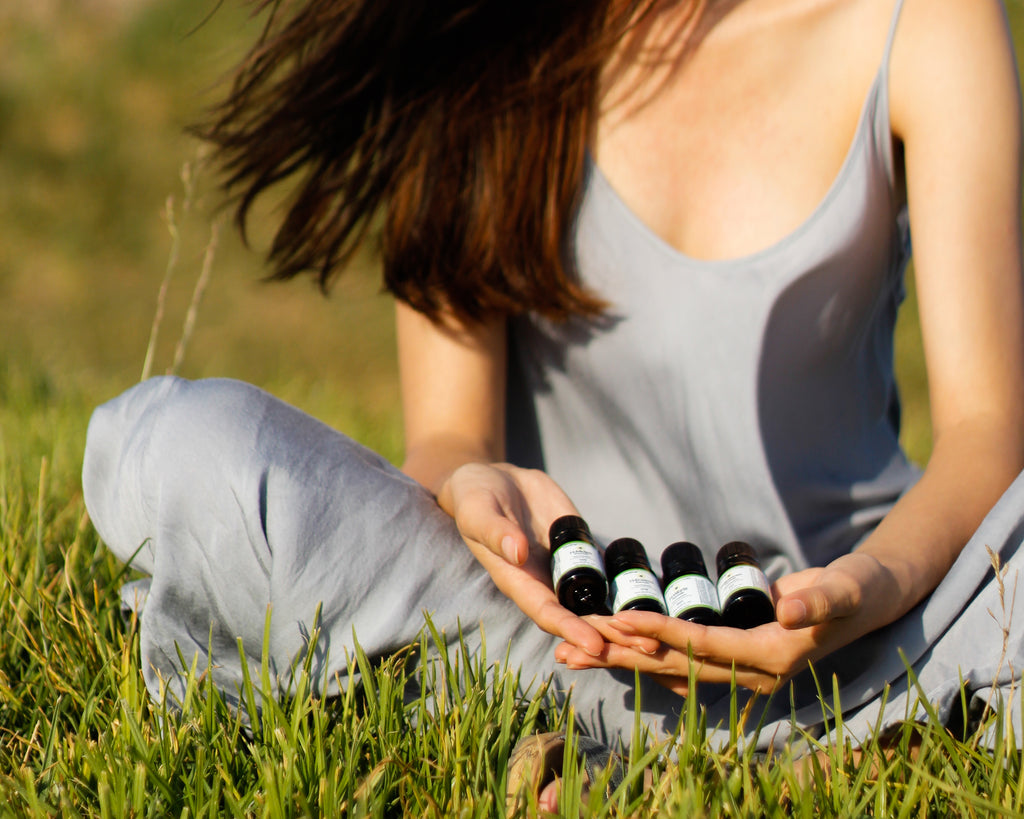Natural Formula for Eczema
Eczema is a very common skin condition especially in children although adults can suffer from it too. The main sign is an itchy skin that turns red from time to time.
Children and adults with eczema often have allergies or asthma along with the red, itchy skin.
There are common symptoms for all types of eczema and these are:
- Dry, scaly skin
- Redness
- Itching, which may be intense

What are the different types of eczema?
1. Atopic dermatitis is the most common of eczema, usually first occurring in childhood, and often becoming milder or even disappearing by adulthood. Atopic dermatitis is often part of a triad along with asthma and hay fever with many having all three conditions.
2. Contact dermatitis leads to red, irritated skin that is caused by a reaction to substances you touch. There are two types, allergic contact dermatitis (an immune system reaction to an irritant like latex or metal) and irritant contact dermatitis (when a chemical or other substance irritates your skin).
3. Dyshidrotic eczema is when small blisters form on your hands and feet and is more likely to occur in women than men.
If you or your child has been diagnosed with eczema, what can you do to help this condition?
We share some tips for reducing the severity of - or actually preventing - eczema outbreaks:
- Apply cool compresses to the skin, or take a colloidal oatmeal or baking soda bath to relieve the itch.
- Moisturize the skin daily to form a protective barrier against the elements, applying moisturizer straight after a shower or bath to seal it in.
- When drying after a bath or shower, just gently blot the skin with a soft towel without rubbing.
- Always resist scratching as this can make any discomfort worse and even lead to an infection.
- Use natural and fragrance-free detergents, cleansers, makeup and other skin care products.
- Always use gloves and protective clothing if you have to handle chemicals.
- Wear loose-fitting clothes made from soft fibers such as natural cotton.
Find out more on treating the symptoms of eczema here.
You can also help tackle the condition with this natural Formula
H-Eczema Formula is specially formulated from pure essential oils to provide the perfect healing eczema home remedy that is gentle, safe and successful to use for treating the symptoms of eczema.
The Formula helps to reduce outbreaks while assisting in smoothing, re-texturing and moisturizing the skin.
When used as directed, the product is formulated to address even the most stubborn symptoms so that the skin is restored to a smooth appearance.
This product may be used for children from the age of two years.
Sources
Dlova, N. C., Naicker, T., & Naidoo, P. (2017). Soaps and cleansers for atopic eczema, friends or foes? What every South African paediatrician should know about their pH. South African Journal of Child Health, 11(3), 146–148.Retrieved from
https://www.ajol.info/index.php/sajchh/article/view/164488. (Accessed May 7, 2021).
Eczema and bathing. (n.d.)
https://nationaleczema.org/eczema/treatment/bathing/. (Accessed May 7, 2021).
Eczema products. (n.d.)
https://nationaleczema.org/eczema-products/? fwp_product_category=moisturizer#soa-filters-title. (Accessed May 7, 2021).
Evangelista, M. T. P., Abad-Casintahan, F., & Lopez-Villafuerte, L. (2014, January). The effect of topical virgin coconut oil on SCORAD index, transepidermal water loss, and skin capacitance in mild to moderate pediatric atopic dermatitis: A randomized, double-blind, clinical trial. International Journal of Dermatology, 53(1), 100–108
https://onlinelibrary.wiley.com/doi/full/10.1111/ijd.12339. (Accessed May 7, 2021).
Hon, K. L., Tsang, Y. C. K., Lee, V. W. Y., Pong, N. H., Ha, G., Lee, S. T., ... Leung, T. F. (2016). Efficacy of sodium hypochlorite (bleach) baths to reduce Staphylococcus aureus colonization in childhood onset moderate-to-severe eczema: A randomized, placebo-controlled cross-over trial [Abstract]. Journal of Dermatological Treatment, 27(2), 156–162
https://www.tandfonline.com/doi/abs/10.3109/09546634.2015.1067669. (Accessed May 7, 2021).







